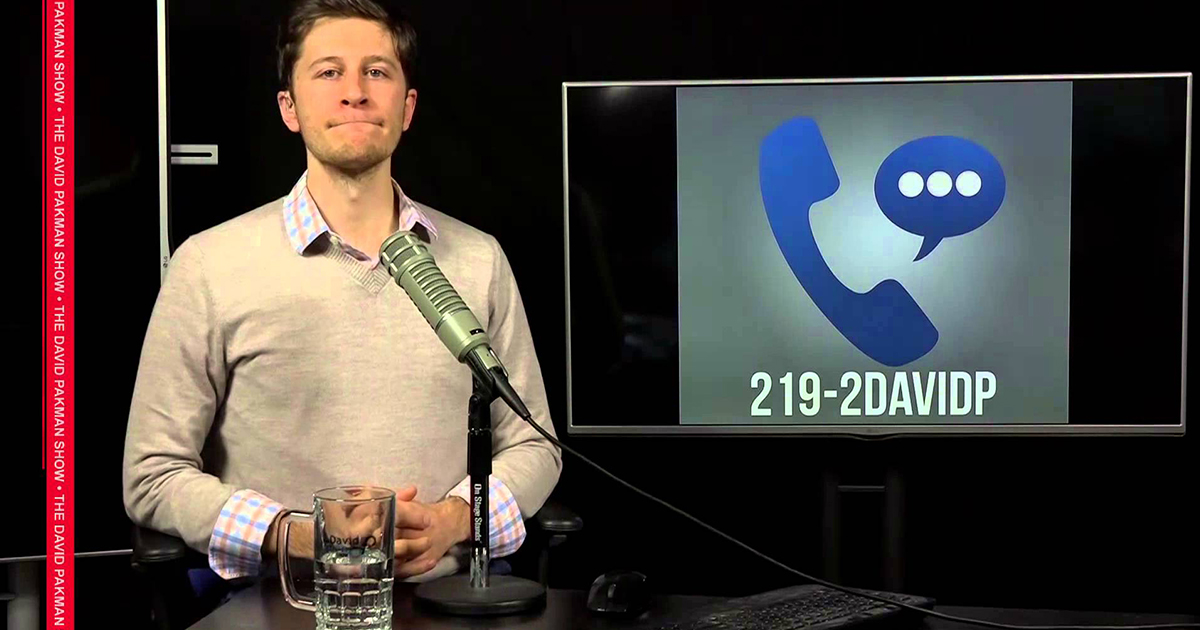The organizer of a sophisticated multi-state fraud scheme that led to approximately $64 million in fraudulent Medicare billing has pleaded guilty to healthcare fraud and money laundering charges. He was the owner of a string of community mental health centers through the now defunct health care provider, Health Care Solutions Network Inc. (HCSN).
Armando Gonzalez, 50, of Miami, was sentenced in February to serve 168 months (14 years) in prison by U.S. District Judge Cecilia M. Altonaga in the Southern District of Florida. In addition to his prison term, Gonzalez was sentenced to serve three years of supervised release and ordered to pay $28,092,283 in restitution, which will be satisfied in part by seized assets, including $987,000 and Gonzalez’s mansion in Hendersonville, N.C.
Fifteen defendants were charged and 10 have pleaded guilty for participating the fraud scheme at HCSN for community mental health center (CMHC) services. Court documents allege that therapists at Health Care Solutions Network were instructed to alter notes and other medical documents to justify CMHC services for beneficiaries who did not need the services.
A less publicized aspect of the Affordable Care Act significantly increased U.S. Department of Health and Human Services’ (HHS) ability to suspend payments until an investigation is complete. They were able to suspend or take action against 52 other providers following a data-driven analysis and credible allegations of fraud.
“In addition to these arrests, we used new authority from the health care law to stop all future payments to 52 health care providers suspected of fraud before they are ever made,” said HHS Secretary Kathleen Sebelius. “Today’s actions are another example of how the Affordable Care Act is helping the Obama Administration fight fraud and strengthen the Medicare program.”
The law and other legislation allows government agencies to use a computer system similar to what credit card companies use to detect suspicious purchases. The system, combined with the new authority to suspend payments, are a welcome change for Lou Saccoccio, head of the National Health Care Anti-Fraud Association, where prosecution goes from ‘pay and chase’ to stopping the payments being made in the first place when fraud is suspected.
Under the Obama Administration Medicare Strike Force, teams like the ones used in these investigations have quadrupled since 2009.
Ashley Wright is a writer and researcher with Ring of Fire.


